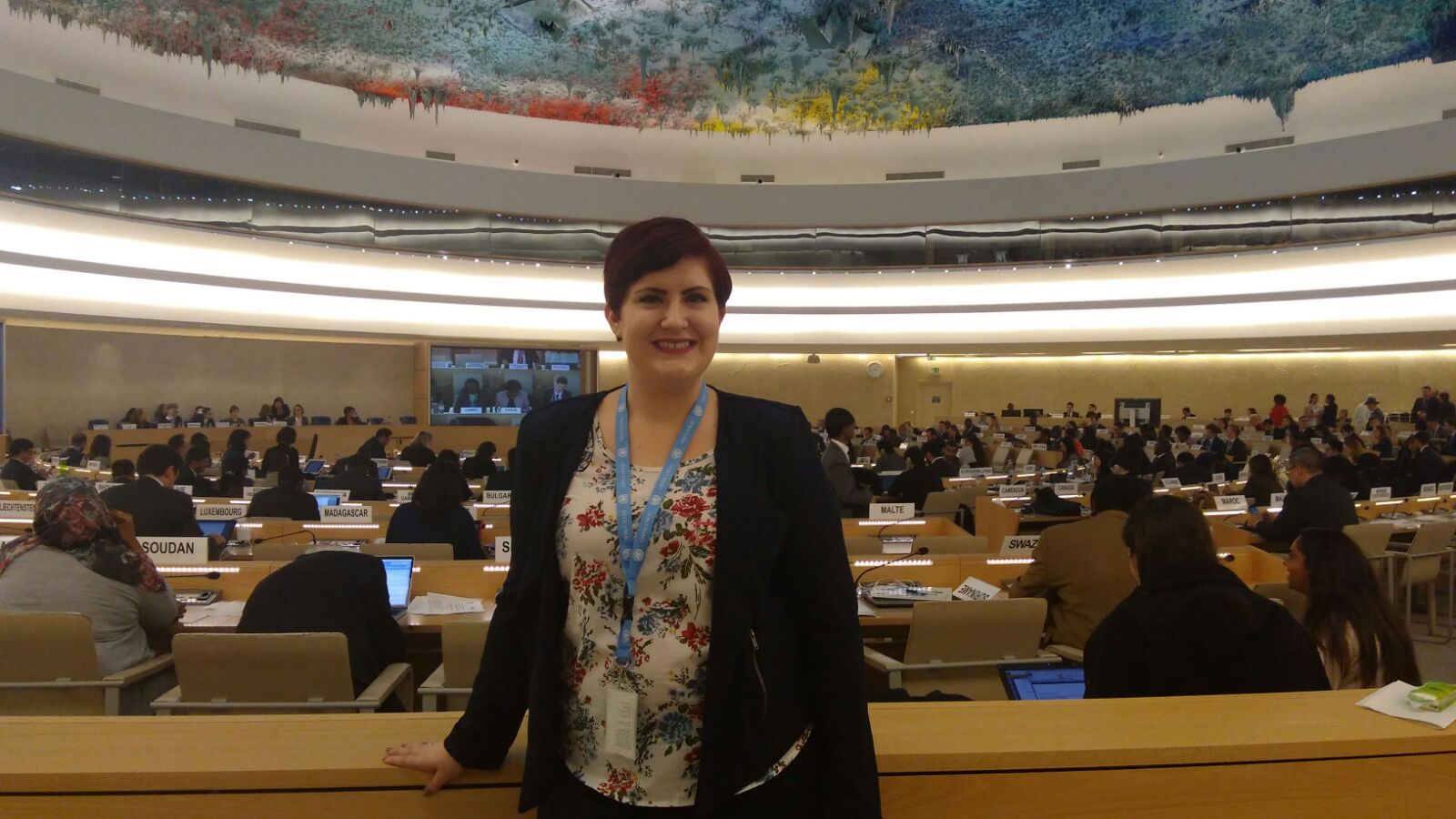On Monday 5 March, ADHRB’s Legal Fellow Bridget Quitter delivered an oral intervention during the 37th session of the Human Rights Council during the Clustered Interactive Dialogue with the Special Rapporteurs on the right to food, and the environment. In her intervention, Quitter raised the effects of Bahrain’s vast industrial complex in the village of Ma’ameer on the high levels of pollution found in the area and leading to negative effects on the area’s children. Click here to read a PDF of the intervention.
Mr. President,
ADHRB would like to thank Special Rapporteur Knox for his report on the relationship between child rights and the environment. We too are concerned with the particular impact negative environmental factors can play in the development of children.
For example, in the Kingdom of Bahrain, the area around the village of Ma’ameer, is known for its large industrial complex in which much of Bahrain’s petroleum refinement is centered, along with a number of large factories that handle petrochemicals, concrete and asphalt production, and aluminum smelting. Local residents report detrimental health impacts in relation to the highly toxic pollution they are exposed to in their homes and public spaces. The children of Ma’ameer are particularly hard hit by pollution related health concerns. Cancer rates, child birth defects, the likelihood of other physical abnormalities are higher in Ma’ameer than in any other area in Bahrain.
There have been some environmental activists in Bahrain who have campaigned for Ma’ameer’s pollution to be addressed by the government. One such activist, Mohamed Khadim Muhsin Zain Aldeen, was among five protestors shot and killed when Bahraini security forces raided a sit-in in the village of Duraz in May 2017.
Mr. Rapporteur, given the incredible risks to both local residents—particularly children—and environmental activists dedicated to addressing toxic byproducts of a State’s primary economic industries, how would you address pollution and toxicity levels, while making sure to support local communities at risk? And, would you consider visiting Bahrain to investigate these environmental situations and their impacts?
Thank you.





